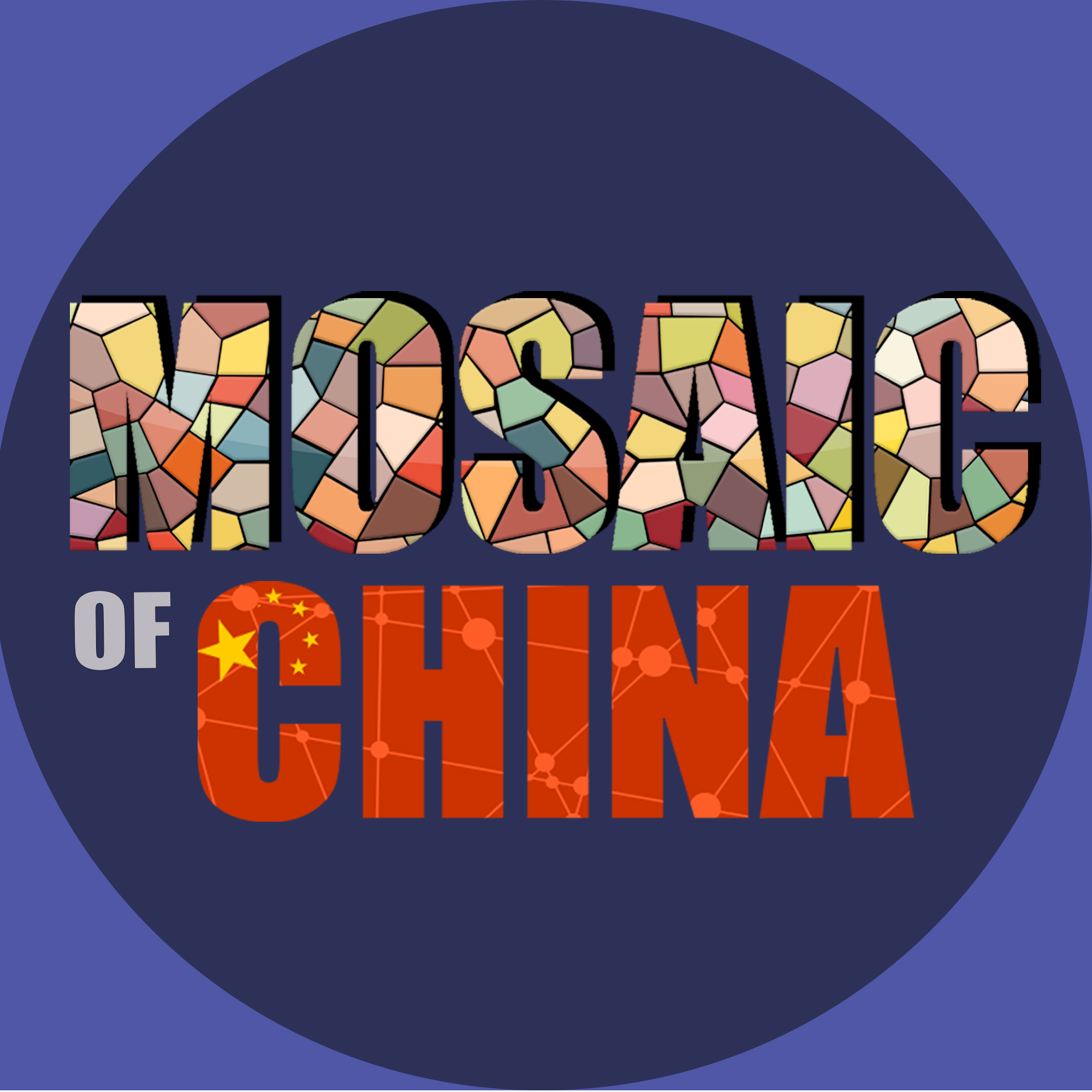Season 01 Episode 28
Episode 28: The Pain Whisperer
Lissanthea TAYLOR - Pain Management Practitioner
Original Date of Release: 31 Mar 2020.
My guest today is Lissanthea Taylor, who specialises in rehabilitation and pain management. We have a fascinating conversation about the different ways in which China and the West handle the natural ageing process, short-term and persistent pain, and overall mental wellbeing. And beyond that, we make the distinction between how the brain handles pain versus danger, and how medical practitioners exercise ‘receptivity’ over ‘empathy’.
Recorded many weeks ago, this episode also gives us many prescient insights into what we’re all experiencing today during the global pandemic crisis. We discuss how our brains are wired to go into a protective state when faced with a negative stimulus, and also observe how patients in China have had many years of experience in accepting enforced periods of rest and isolation.
You can also listen to a catch-up with Lissanthea at the end of the interview with Seth HARVEY from Season 02 Episode 19.
To Join the Conversation and Follow The Graphics…
View the LinkedIn Post, the Facebook Album or the 微博 Article for this episode. Alternatively, follow Mosaic of China on WeChat.
To view the images below on a mobile device, rotate to landscape orientation to see the full image descriptions.
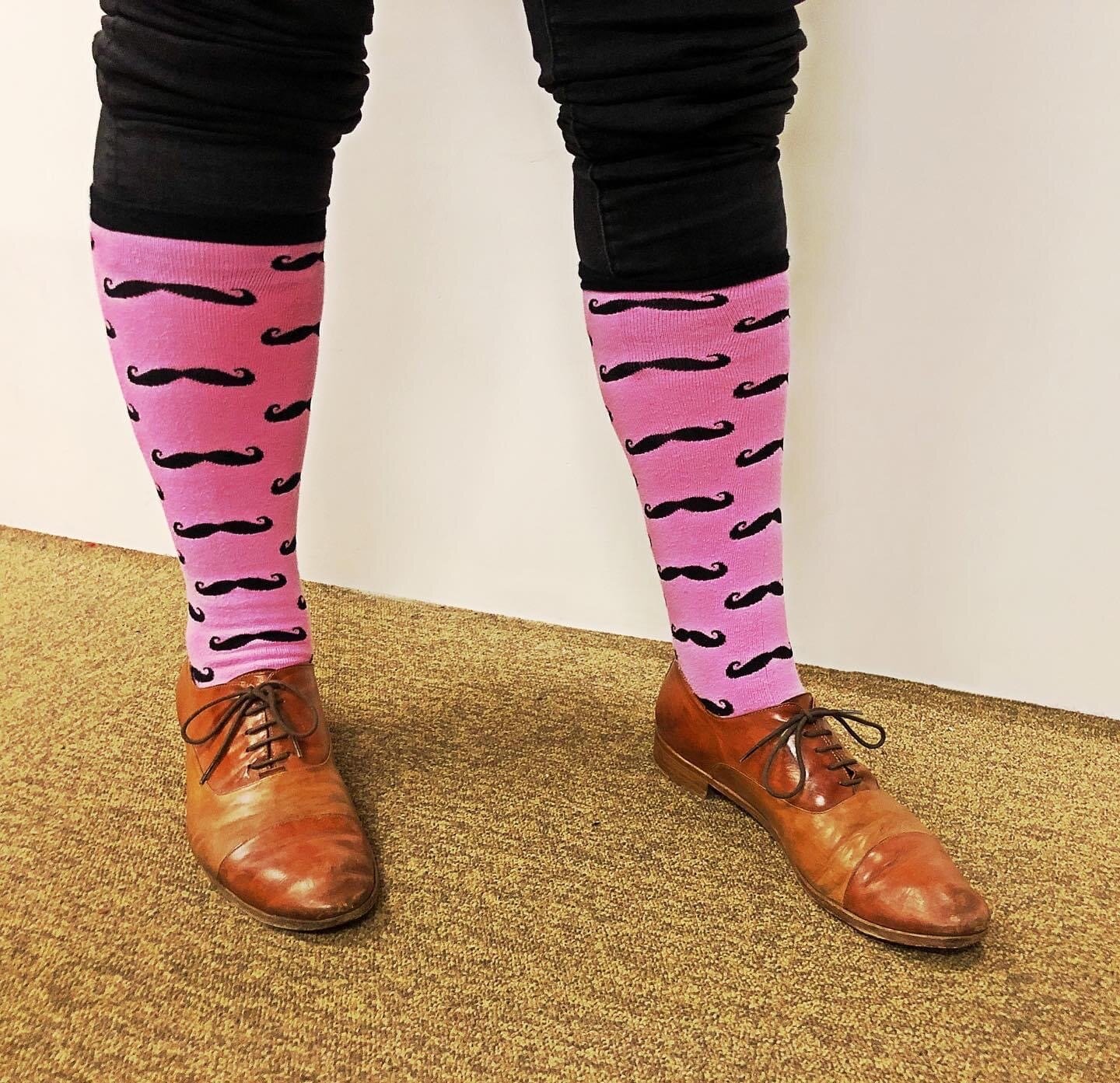
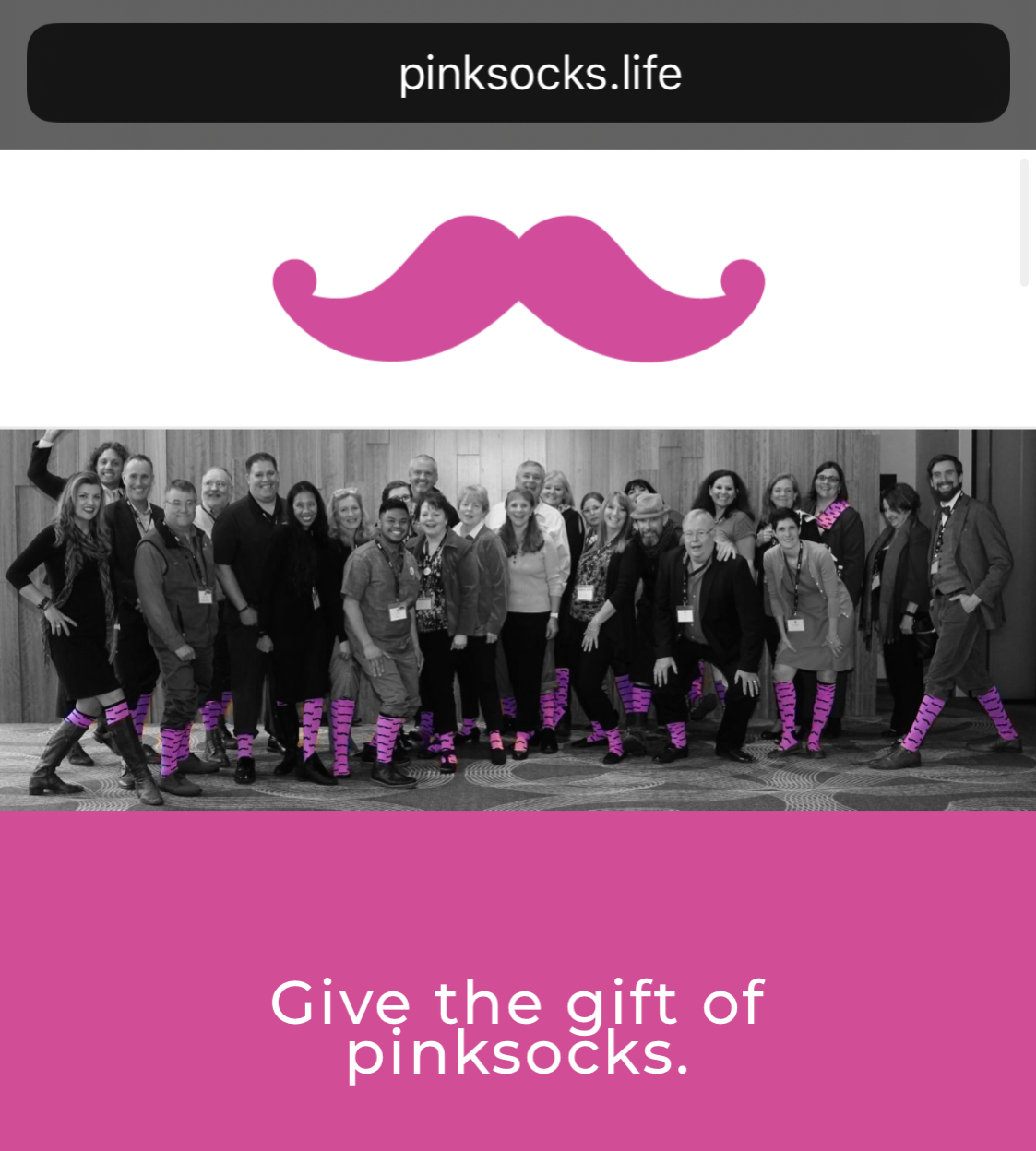
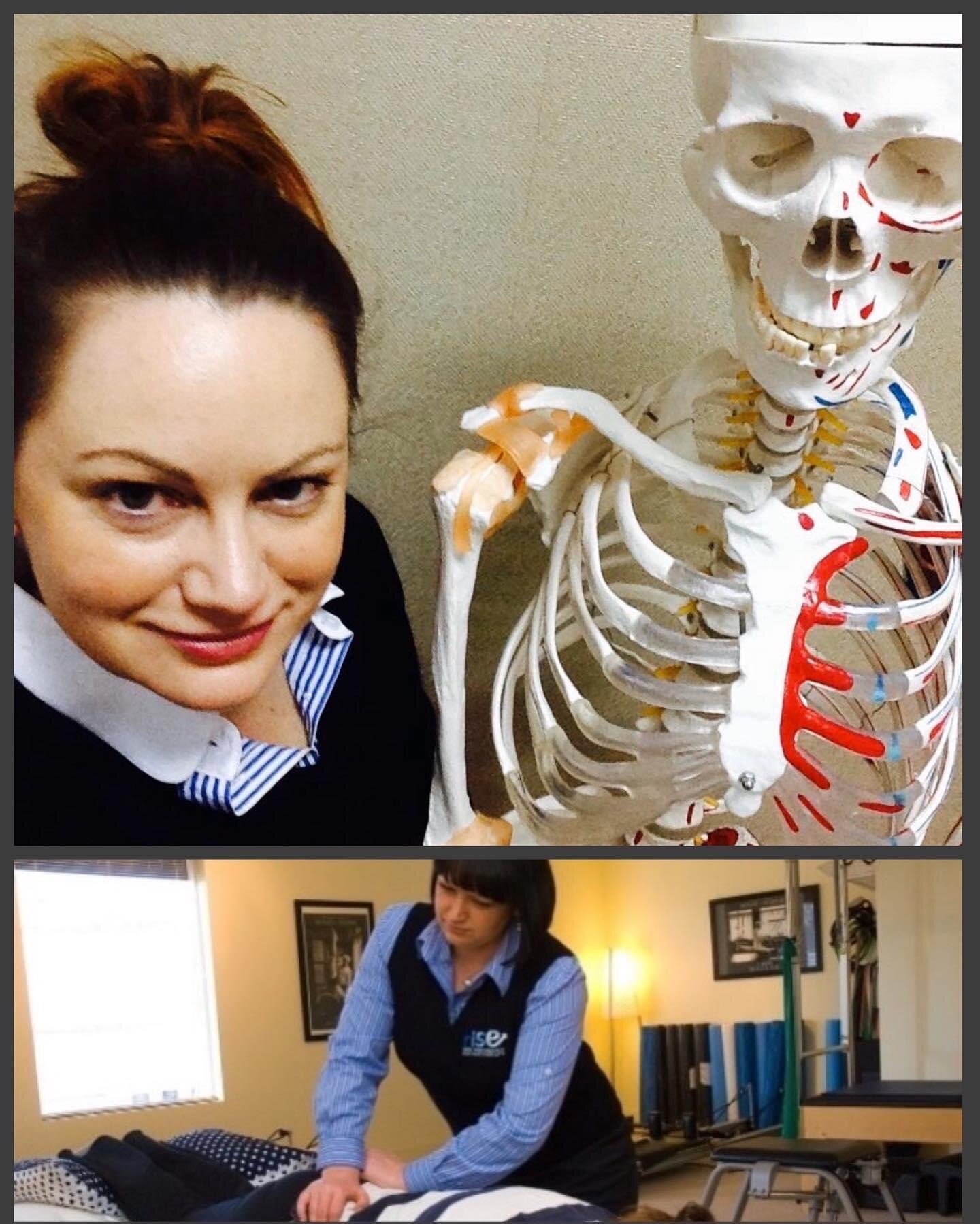
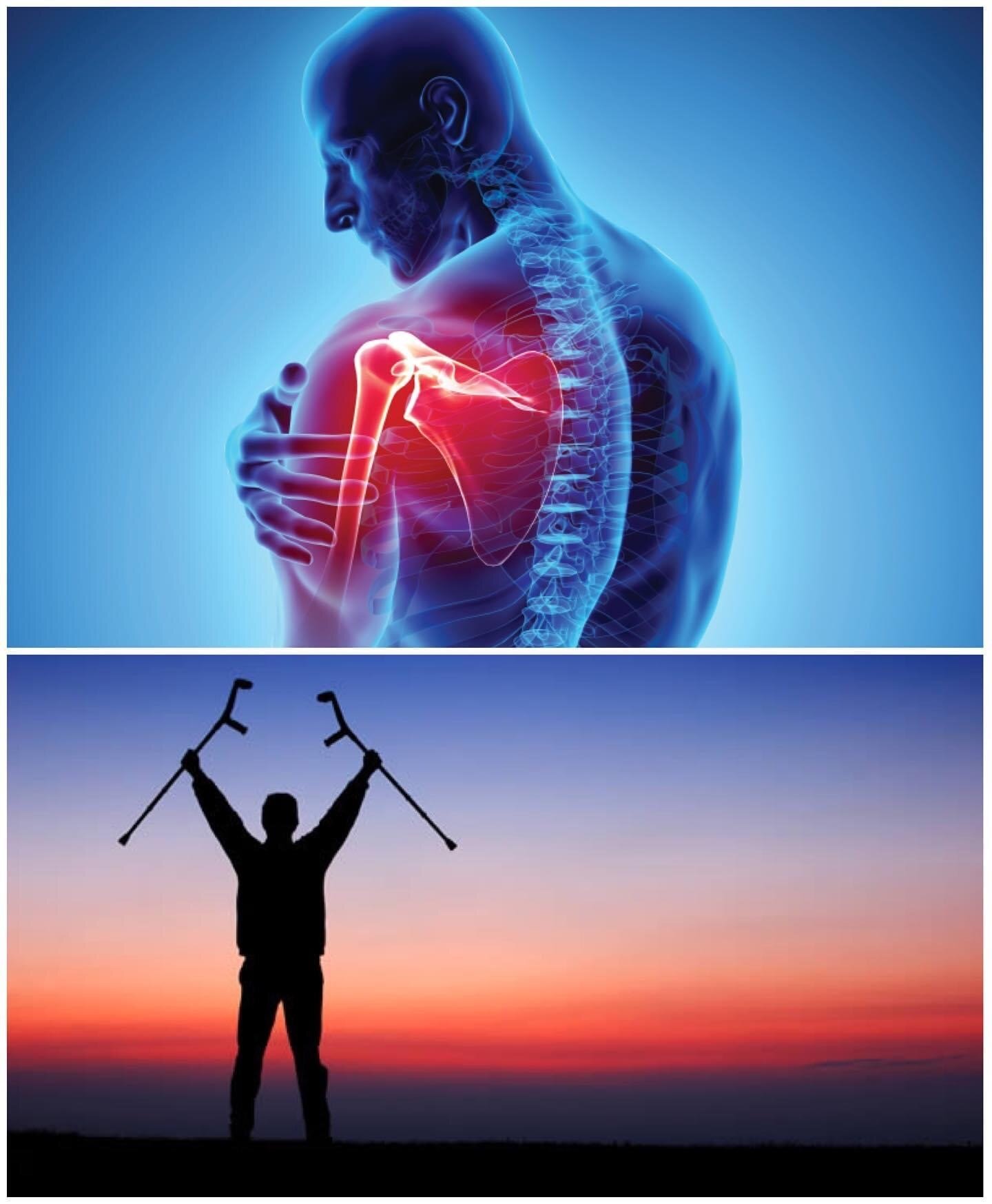
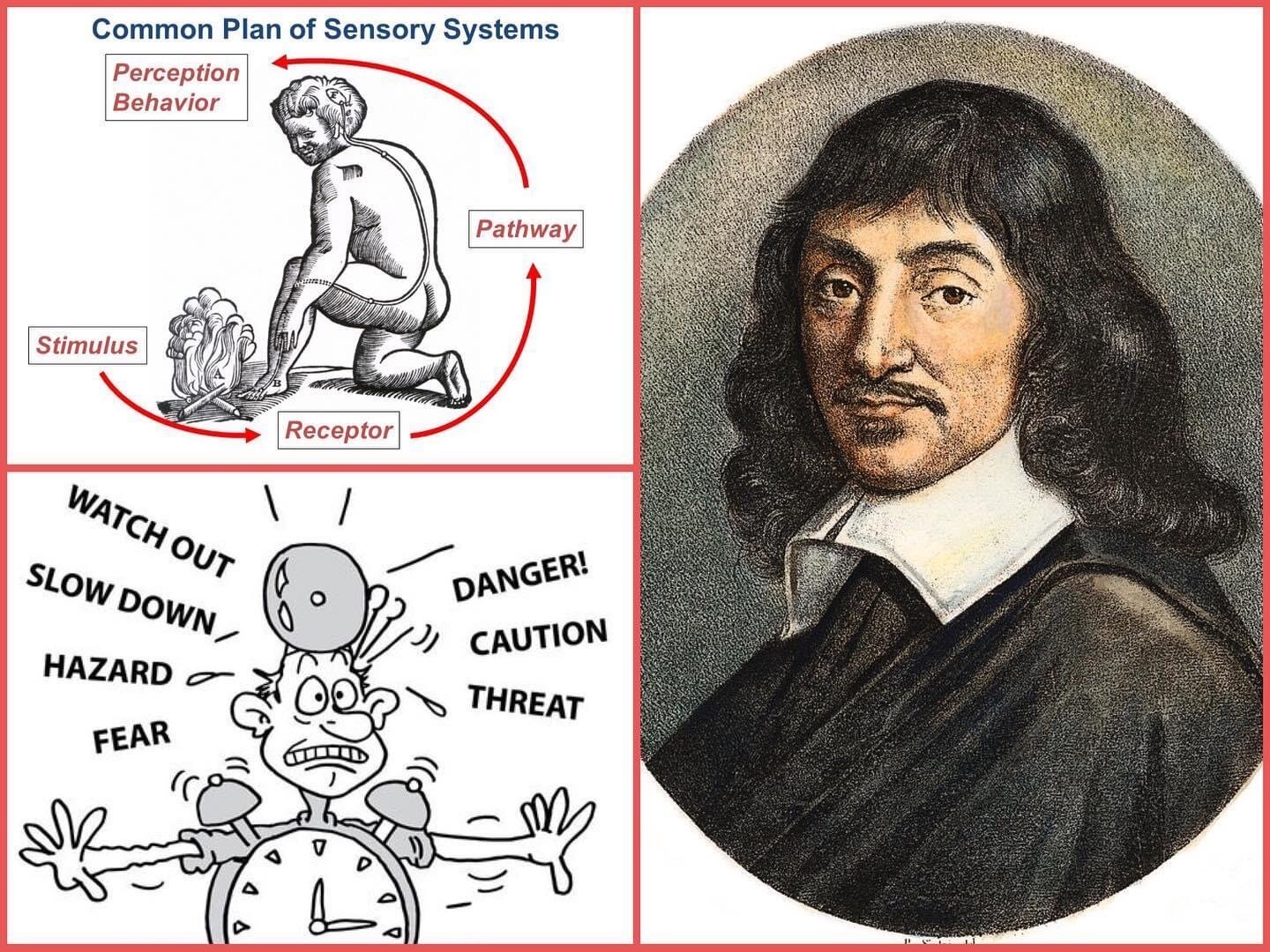
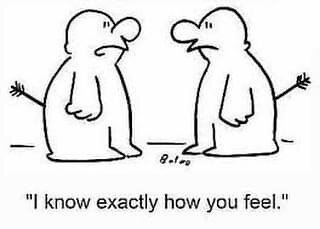
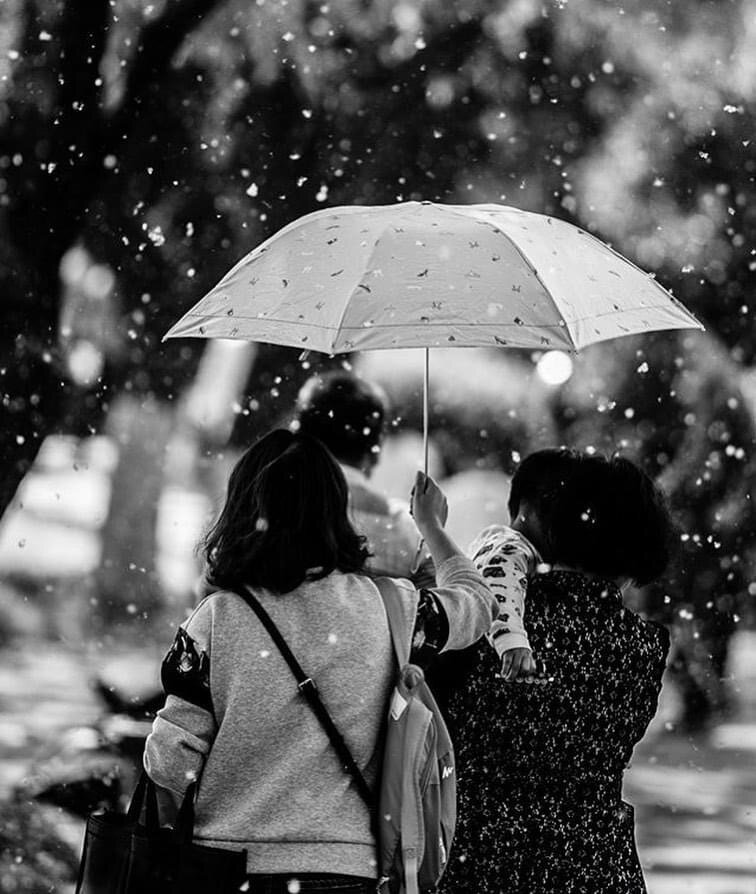
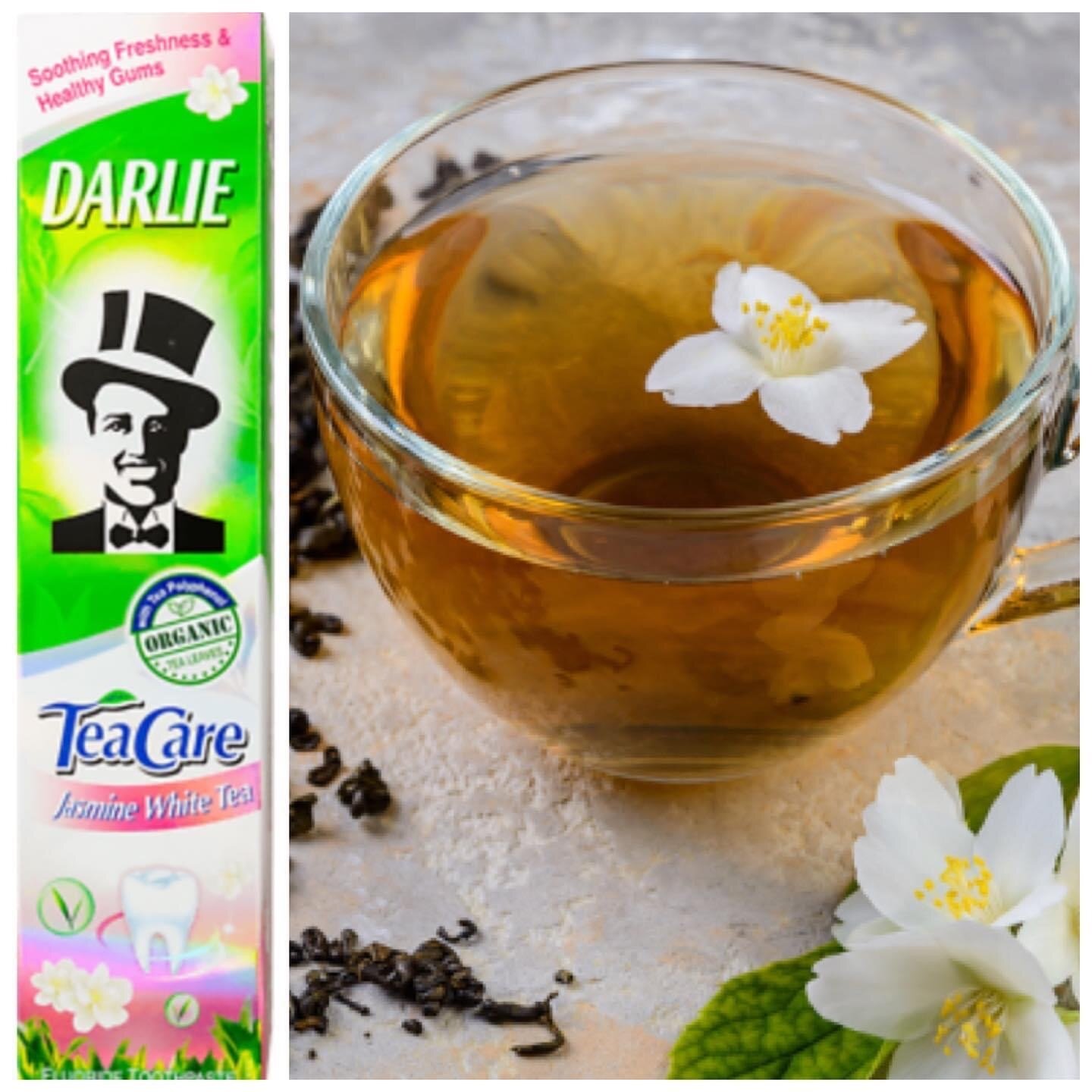
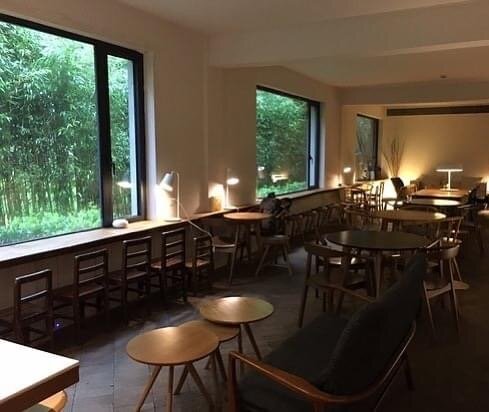
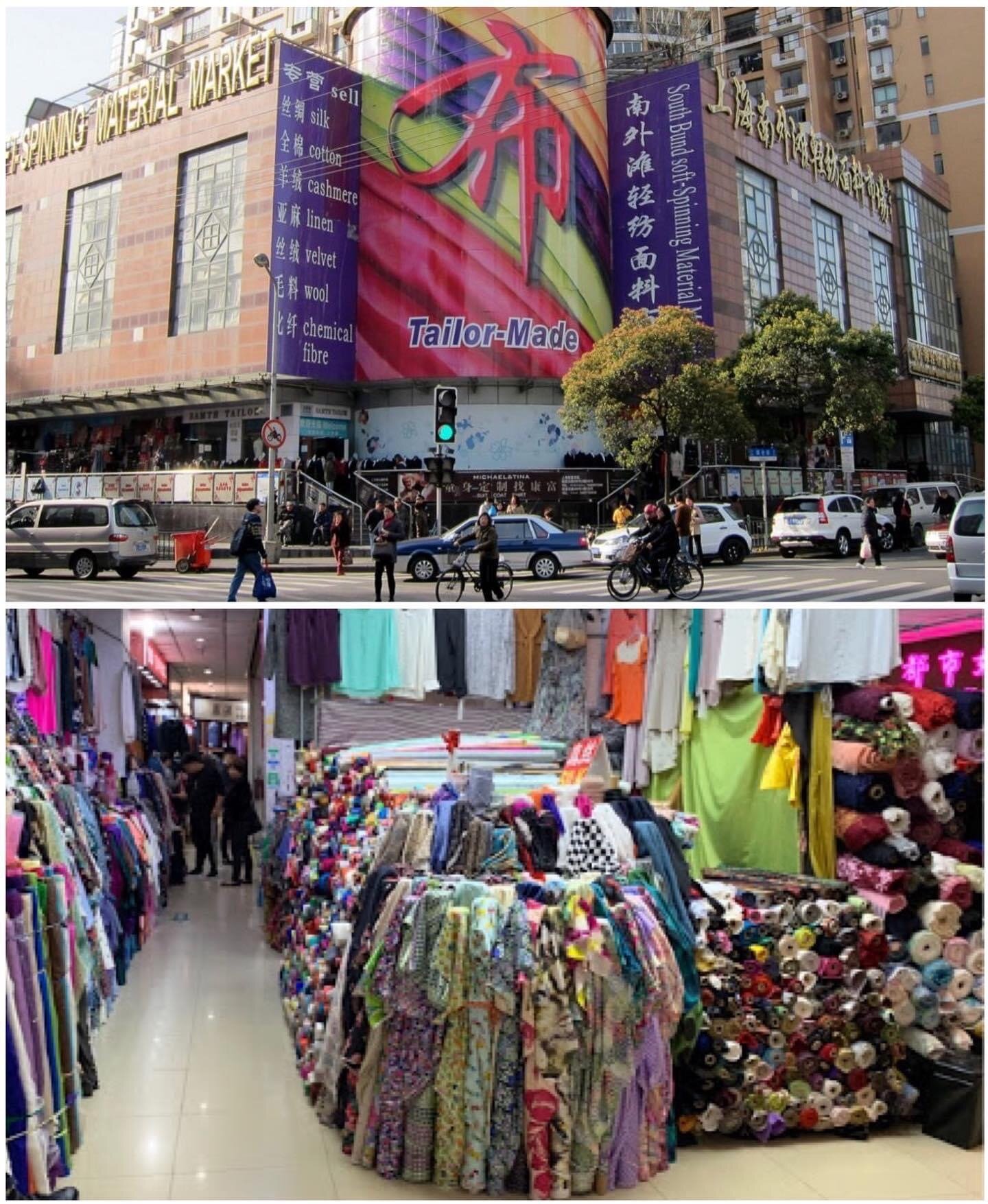
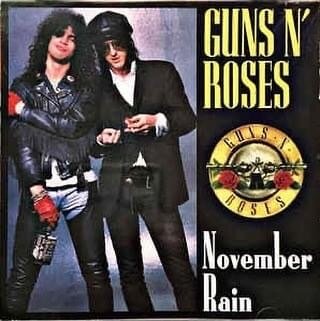
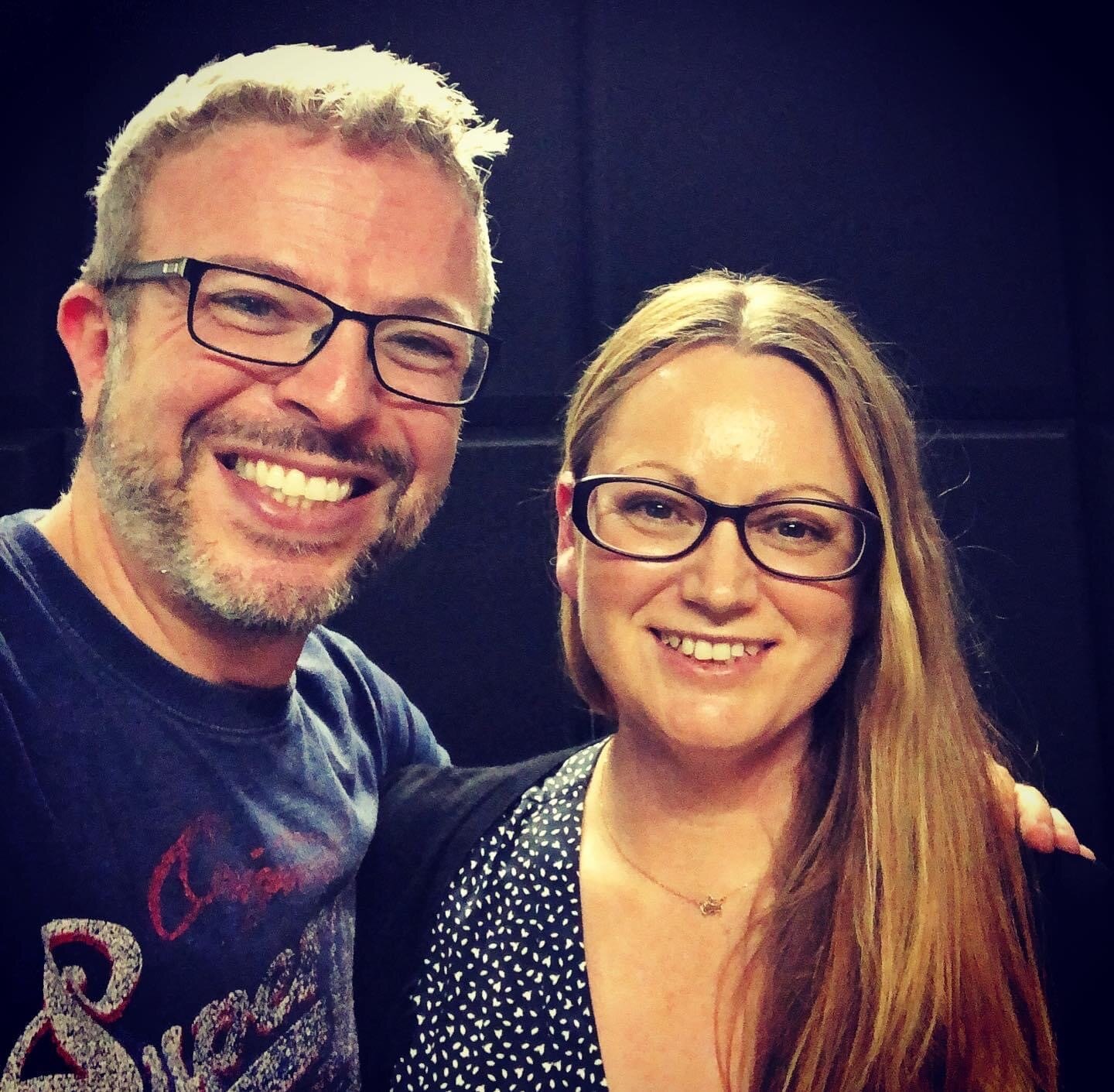
To Listen Here…
Click the ▷ button below:
To Listen/Subscribe Elsewhere…
1) Click the link to this episode on one of these well-known platforms:
2) Or on one of these China-based platforms:
To Read The Transcript…
[Trailer]
LT: I have some fabulous pink socks that I'm wearing, with moustaches on them.
OF: Oh that's what they are.
LT: Yeah.
OF: I thought they were slugs.
[Intro]
OF: Welcome to Mosaic of China, a podcast about people who are making their mark in China. I'm your host, Oscar Fuchs.
It's been a rough week, I must say. What is it, it's the last day of March 2020. And while in one way, life is getting easier for us in China, in another way it's getting much harder. Being active in the fight against the virus perversely seems a lot easier now than being helpless while watching it spread across the globe. And what's getting harder is keeping ourselves distracted, doing things that are meaningful, and keeping our emotions on an even keel. And as countries exchange verbal insults with each other, and governments are closing borders, I'm personally clinging on to this stupid little podcast as an important distraction in my life, and as a symbol of the human connection that does still exist between people here in China and the outside world.
My guest today is Lissanthea Taylor, who specialises in rehabilitation and pain management. And maybe the timing of this episode is perfect. For me, it symbolises getting through one of the last rough times in my life, which was four years ago as I was recovering from knee surgery. And I'm sure it will speak to you if you've also gone through periods of persistent pain. But more than that, our conversation touches upon so many themes that are relevant to today, not just about how the human brain is wired to go into a protective state when faced with a negative stimulus, but also in explaining how both China and the world are dealing with this enforced period of rest and isolation. I even say that phrase “rest and isolation” in the conversation, which gave me such a jolt to hear again, all these weeks after Lissanthea and I recorded it. In fact, because of how large the chasm feels between life before the pandemic and now, it actually feels to me like rather than a participant in today's conversation, I'm actually just a listener myself. And so I'm with you, even closer today. And I hope that you enjoy listening to this episode as much as I did.
[Part 1]
OF: I'm here today with Lissanthea Taylor, and you're currently a physiotherapist at Parkway Health.
LT: I am indeed Oscar, thank you for having me.
OF: I first got to know you when I was one of your patients.
LT: It's a common story, it means I don't really have to have a social life, Oscar, I mean I can just have a constant stream of fabulous people that come to meet me every day. And of course our conversations start with a certain context.
OF: Right.
LT: Often you're meeting people on not their best days. But yes, that is how you and I came to be friends.
OF: You had such an easy way of making me feel comfortable, even when I physically wasn't. You just brought it down to a level which was so much more human, and I really appreciated that. So I'm not surprised that you make a lot of friends on that table.
LT: I don't know that I could do… I don't think anyone can do the job well - especially when you do meet people on their worst days - if you can't get to the human underneath that. And science is important. But the human story, and what does this injury mean to someone? What does this pain mean? What's this pain stopping you doing? How are you not yourself, because of this pain? Because they do sometimes look at you like you have two heads, because no-one else has asked them.
OF: Right. It’s so fundamental, but there you go. OK, well we'll get onto that in a second. But what I want to first of all ask you - which is what I ask every guest on Mosaic of China - is, what is the object that you've brought in that in some way typifies your life here in China?
LT: Well, if you have a look at my socks, which I'm kicking out from underneath the table…
OF: OK.
LT: I have some fabulous pink socks that I'm wearing, with moustaches on them.
OF: Oh that's what they are.
LT: Yeah.
OF: I thought they were slugs.
LT: No, they’re moustaches. They were given to me by a friend. And so they are a gift that's given out by an organisation called Pink Socks. And if you go to pinksocks.life, you can find out about them. And it was a little movement started within healthcare that talks about compassion and ‘human-centred-ness’ within the practice of either clinical care in healthcare administration, in healthcare innovation. So I I think that does typify what I try to bring to my patients, and bring to the experience of healthcare in a city like Shanghai.
OF: You know, that leads us straight into the conversation of course, because you've been someone who has made pain your mission.
LT: Yeah, it's an interesting way to approach building relationships, when you come from it from the point of “Tell me about your pain”. You know, pain is a very difficult area of healthcare. One in five people globally are affected by persisting pain. That's 20% of people.
OF: And what do you know - maybe even just anecdotally - about how that's dealt with in China?
LT: China is very, very interesting. You know, you and I, if we go out in the evening, we'll see the old ladies dancing in the street, that are actively moving their bodies, and various people doing Tai Chi. And there’s a very active idea around maintaining health. But when people get sick, there's a very passive idea around pain. The 100 day rule. So if you have an injury, the traditional ideas are, you must stop, you must rest, you must go to bed for 100 days, even after childbirth. And we know in the West, we do lots of rehab and we get people back to doing normal life, and moving around. And in China, you're not even allowed to wash your hair.
OF: Wow.
LT: So what we find from a rehab perspective is that China is emerging as a place where there's a lot more elective surgery, or joint replacements. Unfortunately, big markets like China end up emerging as a new profit centre. Now the problem from a rehab perspective, is that… Say someone has a hip replacement. In the West, we get them up day one postoperatively. Like, let's get moving, because we don't want that nervous system to become sensitive. And that's a big part of pain. If you try and do that in China, you will fight someone's entire family. Because the idea is, you need to rest. You need to not move, you need to wait, that time for healing. And that means that people end up severely disabled. It's a conversation that we have with some of my colleagues that speak Chinese, that do have the ability to interface into the local healthcare system, which I don't have.
OF: Right. Can you learn from the Chinese way? Or is it really only a one-way street right now?
LT: A lot of the problems that we have developed, I think, in the West has come from the way that we use scans and X-rays, to tell people they're very damaged, which is really more about normal age-related changes, that will show up on an X-ray once you're past a certain age. But if you tell someone that’s there, and they believe that their back is damaged, it actually sets up a whole cascade of different outputs of the brain - protective behaviours, fear, worry, changes to normal activities - that actually becomes a really interesting and potent breeding ground for persisting pain. What we're working on in the West now then is, how do we educate people around “The back is strong”? How do we educate people around “These are normal changes, these are wrinkles on the inside”. Now, it's great we have scans and X-rays, because they do stop people dying, if there's pathology going on. But what we do is, we pathologise things that are not things that are wrong or need to be fixed.
OF: It's just the natural wear-and-tear of an ageing body.
LT: Of living a life. Of engaging with the world, of doing things that are meaningful to you. Not that you're broken in 10 different vertebrae, and you've got all these problems.
OF: The classic line is “It's just in your mind,” right? When it comes to pain, when it comes to pain management.
LT: Yeah. When we get to talk about the science, the worst thing that we should never say is, “Don't you know, pain is an output of your brain. Pain is 100% mediated and related to your brain”. And what that does is, it shuts down that person's ability to hear anything else. Because what you've said to them is “What you're feeling is wrong”. We make what I call ‘sensory stories’. So if my back hurts, I have to have some way of explaining that, to myself and to others. The easiest way is usually what my doctor has told me, that I have three bulging discs. But what is someone's lived experience? And also what is another, a new story, that's actually going to enable them to do something different. You have to be so careful about helping them to find themselves in a new story. You know, pain is a little bit like depression, and even obesity. They all have distributed areas of the brain that cause that output. You know, so it's never just one thing. Social connections have a big impact on the way that your brain might go into that protective state. What you think and believe; the people you hang around with; the social messages you get about pain; whether interest rates have gone up. All of these things that are threat to an individual can wind up your nervous system to produce continuing pain.
OF: Yeah, that's fascinating. And so what is the new science then?
LT: So what they're looking at is pushing back against René Descartes’ very early model around stimulus and response. So if I stick my finger in a fire - or something that I would expect to hurt - that I get a signal from my finger, that goes up to my brain, that alerts my brain to say “Your tissue is damaged”. Pain means that you're damaged. You know? And that's not true. We have danger detectors, we don't have pain detectors. We don't have pain pathways, we have danger pathways. So the basis of the science is recognising that pain is an alarm system, more so than pain is telling you what's going on in the tissue. You can be actually really healthy, while you hurt. It's not uncommon for people that have accidents and injuries to be absolutely 100% perfectly fine, and they might go to the site of the injury, and their pain comes back.
OF: Yeah.
LT: You know, I had an episode of sciatica myself, which was pretty nasty. And I feel like it started when I was going to yoga. I finally went back to yoga after a couple years, and I developed this pain. And I would be absolutely fine during the day, until I was walking to the yoga studio. No, and I'd been treating patients all day, I'd been doing perfectly stressful things on my body. And that's when it started. And so you can't talk yourself out of pain. Absolutely not. And again, if we’re coming back to what we need to be careful about - with people in the clinic, giving them an idea that “Well, once you know about pain, you can kind of…
OF: Overcome it.
LT: …Talk your way out of it, or think your way out of it” - you have to experience your way out of it. Often I would say to someone “What's something you love doing, that you're not doing?” And they want to go back to playing football. And they might not be ready, physically, to play football. But what you'd start to look at is “Well, what's the context around football? Is it social? Is it feeling included?” And so we would say to them “Right, let's go to football training. You might just be running water, you might be doing something.” But putting them into something where they start to feel more like themselves. You get a bit distracted. Distraction’s fabulous. Once you know that pain is not a damage signal, you can give people the permission to distract themselves a little bit. And then it's quite amazing, if you then give them something meaningful to do, if you can find something that's meaningful, that matters. And you and I both know, most physio exercises are not things that feel like they matter. And that needs to be an important transition.
OF: So if you think about the general way that it's dealt with here in China - which is rest and an isolation, really - that’s the opposite of what you're talking about.
LT: Yeah. That's the big challenge.
OF: You're kind of lifting the lid on how you treated me now. It will make sense. And I think this is what you and I have talked about before. In the past, you've called this ‘Narrative Medicine’?
LT: So what Narrative Medicine talks about is the importance of learning to be a good reader, a good listener. And we learn that by engaging with difficult literary texts, with poems.
OF: Oh I see, so it’s literally narrative.
LT: So we literally study this. And what that does is that builds my ability to understand a difficult story. If I read Jane Eyre, I go into someone else's life, someone else's perspective. Because if you sit across from me in the clinic, you might as well be telling me a science fiction story, because I don't live in your life. And unless I've built the skill… And it's a learned skill. Some of us have a proclivity to be able to do it, but anyone can learn. To be able to sit with… You know, healthcare stories are hard. I mean, I only deal with pain, I don't deal with cancer diagnosis, I don't deal with palliative end-of-life stuff. I never wanted to be a doctor, because I didn't want to deal with death. But what I find I deal with a lot of the time - in dealing with persistent pain - is, you know, a small death of identity. So Narrative Medicine has been a wonderful practice that now I teach a bit online. I use it in my own practice, and it also sits behind some of my other online projects.
OF: And is this an expansion of what otherwise you'd call ‘bedside care'? Or you'd call ‘empathy’?
LT: Yeah. Yeah, so ‘empathy’ is a really interesting word to use. I prefer to use the word ‘receptivity’. So empathy says “I feel what you feel”. What receptivity says is “I can handle your story. I'm someone that's safe to tell.” I'm not going to feel what you feel, because then if I'm going to feel everything that every patient is going to feel when they come into the room…
OF: You'll be exhausted, yeah.
LT: And it is exhausting work.
OF: That’s interesting.
LT: But you've got to be able to not distance yourself. Yes, my job is to prescribe some exercises, and be a physio - I do some poking around at people's bodies - but really, my job is to give a ****. I can read a book, and it moves me. Maybe I see myself in that book, maybe I learn new things, I go to different worlds. But I don't have to live there. And that will be the difference between empathy and receptivity.
OF: Mmm. It actually makes me think about when I was a headhunter, and having to listen to people who were sometimes in between jobs, which was also a very stressful part of their lives. But how did you get here then?
LT: Well, I never meant to be a physio, to be honest. You know, I grew up in Australia, I grew up on a farm. I was going to be a veterinary surgeon, missed out by 0.2 of a mark.
OF: Is that right?
LT: Yeah.
OF: But you could have re-sat that test.
LT: I could have.
OF: Yeah.
LT: And even, it was only five or six years ago, I still… For the last time, I went and looked at it. And it wasn't me. And maybe it wasn't me at the time, and I wouldn't have done the life I've done. So my second choice was was physical therapy. I didn't really know what physios did. But I kind of liked the idea. My third choice, which is quite interesting, was media and communications.
OF: Oh, here you go.
LT: And so I'd always been, you know, a writer, a reader, a ‘words nerd’. But I ended up being a physio. And I never loved it. And it pays the bills, but what is this? Is this really fulfilling me? So it made me do other things. And then I finally threw my hands in the air and said “Not doing this any more". And I had my own practice at the time, and I closed everything up. And I went and moved to Silicon Valley. I was lucky, I had a friend there who was the CEO of a tech company. And so I went and did a tech startup for a while. And then I thought “Alright, time to go back to Australia”. And I lasted two weeks. And I just went “Nah. It's not time”. And about the same time, I had a friend here who had just started a venture capital fund here, and needed someone to keep him company, more than anything. And that's how I got to be here. And we have to remember, we’re really lucky to be here. And I think it is easy to forget how spoilt we really are. We get to have the best of everything.
OF: Thank you, Lissanthea. Let's move on to Part 2.
LT: Shall we?
[Part 2]
OF: So Part 2 is where I asked the same questions to all of my interviewees. So why don't we start?
LT: Go on.
OF: OK, what's your favourite China-related fact?
LT: I love the fact that China has one timezone. The sun doesn't rise till 10am in 新疆 [Xīnjiāng]. And I just love the ability to say “We're just gonna do just one time”.
OF: Do you have a favourite word or phrase in Chinese?
LT: Oh I do, I do. 差不多 [Chàbùduō]. I’ll tell you why it's my favourite phrase.
OF: Yes.
LT: So I'm Australian. So we have this great saying in Australia like “She'll be right, mate”.
OF: Right.
LT: Which basically means “I don't really care”.
OF: Right.
LT: It’s someone else's problem. I've done enough.
OF: Right, right.
LT: And to me, that's 差不多 [chàbùduō].
OF: Yeah.
LT: Just doing enough.
OF: Yeah. OK next, what's your favourite destination within China?
LT: I haven't travelled much in China. So I have this unfortunate thing, I work on Sundays. So I don't get to go away for weekends. So I haven't seen as much of this amazing country as I'd like to.
OF: Right. If you did leave China, what would you miss the most, and what would you miss the least?
LT: Right. Well, I would miss many things. I would miss the 10pm manicure, any day the week.
OF: Oh right.
LT: And no appointments. I'd miss having everything delivered. I wouldn't miss the complex algorithm of “Should you leave the house today?” Which relies on the temperature, the air pollution, is it torrentially raining, and how's the pollen? So this is specific to you and I in the French Concession here in Shanghai, Oscar, but we have these beautiful London plane trees, and this pollen that just… it’s like rain. And you've got to live here to realise that the best alternative probably in that algorithm is torrential rain. Because it gets rid of pollution, gets rid of pollen.
OF: And luckily for us in Shanghai, it's wet most of the year round. Yay. Well, thank you for leaving the house, and coming to me today. Is there anything that still mystifies you about life in China?
LT: I think now I have to be mystified at my own responses to things. So I'm still mystified why I can't remember that green toothpaste tastes like tea. You know, in the West, blue or green are going to be mint. And I still get it wrong, and I go home with jasmine tea flavoured toothpaste.
OF: Very good. What's your favourite place to go out, to eat to drink or just generally hang out?
LT: So my favourite place is a cafe, it's on 淮海路 [Huáihǎi Lù], it's called On Air. And it's sort of tucked away in the back of a little lane. But you won't know it's there.
OF: Nice.
LT: Someone has to take you.
OF: There are quite a few of those cafes that would fit that same description, so I'm glad you found your own. Please take me there next time. What is the best or worst purchase you have made in China?
LT: The luxury of the fabric markets means I get to go and have awful things made on impulse. When you go, when you look at something on a model, or you look at a picture, and you think “Wow, I could have that made in my size,” you really appreciate why fashion - and fashion models - are certain sizes and shapes. Because wow, when you get the proportions different, like “Goodness, that wasn't good".
OF: Oh, that's so funny. I went through a phase where I used to get a lot of things tailored. And a lot of mistakes happened. And now I've gone back to buying off the rack, a lot more. Because in you know what you're getting, and you know what the patterns will look like on your body, etc, etc.
LT: I find, if I find one thing that fits somewhere else, I bring it back and then I get it made exactly the same.
OF: Ah right.
LT: In 10 different colours.
OF: Right, right.
LT: So that's that's my hack around that.
OF: That’s it. What is your favourite WeChat sticker?
LT: My favourite WeChat seeker is Tina Fey - Liz Lemon - high-fiving herself.
OF: Excellent. I know the one. I must use that one quite a lot as well.
LT: It fits our similarly slightly snarky and sarcastic personalities.
OF: Yeah, that's right. Because we think we're always right. And there's no one else who actually believes us. So we might as well just high-five ourselves.
LT: What do you know, we’re not right?
OF: I mean, yeah, sorry.
LT: Course we are.
OF: When you go to KTV, what is your go-to song?
LT: November Rain.
OF: No.
LT: Yeah.
OF: The whole nine minutes.
LT: Yeah. And don't touch that button, or we have to start at the start.
OF: Oh man. There’s a reason why we haven't done that together, isn't there. OK. And finally, what other China-related media or sources of information do you rely on?
LT: I look at SmartShanghai, because then I know where not to go with all the other foreigners.
OF: Great, thank you so much Lissanthea. And finally, before you go, if there was one person who you think that I should interview next - from all of your patients, all of your friends - who would it be?
LT: I'm gonna send my friend Seth Harvey your way. What I love about Seth is, he's very different to me. Seth is the much maligned English teacher. He's working on a documentary on a social project called Shanghai Young Bakers. He is coaching Chinese kids for American universities.
OF: Right.
LT: So I think you'll have some good questions to ask him about what he experiences there, and perhaps what do Chinese kids experience in education.
OF: Excellent. Well, thank you so much Lissanthea, I look forward to meeting him.
LT: It's been a pleasure. Thank you so much.
[Outro]
OF: First of all, let me say a big thanks to the whole team who looked after me four years ago, alongside Lissanthea. Thanks to Derk, my surgeon; to Jim, the other physio who looked after me before and just after the operation; to the whole nursing team at Parkway Health; and to Mark, who was my personal trainer.
There's a lot to take away from today's conversation. For one, I'm doing my best to exercise ‘receptivity’ to other people at the moment. I think that is an amazingly useful concept to still allow yourself to be open to others, at a time when exercising empathy is just too damaging to your own health over a long period. I've also been thinking a lot about what Lissanthea said about needing to experience your way out of things, rather than blindly trying to imagine your way out of it. Of course, she was specifically talking about the brain receptors that handle pain, but I think that the comparisons to depression and mental wellbeing are obvious. So I'm really trying hard to do things that can still feel meaningful, and at the same time can distract me from the danger of stewing in negativity. Let me tell you, if you are a parent who is currently going nuts trying to homeschool your kids, I raise my hat off to you I truly do. But at the same time, be grateful that you're going nuts with distraction over something meaningful. It's probably doing your overall health more good than you think.
I tried to think what extra treat I could include for you in this week's episode. And in the end, I came up with a video from that time four years ago, and it's when I was waking up from heavy sedation after my knee surgery with an obsession for biscuits. To have a laugh at my expense, please see @oscology* on Instagram or @mosaicofchina on Facebook, or join the community on WeChat by adding me on my ID: mosaicofchina.* Alongside that, there's of course Lissanthea and her object, the pink socks; her favourite WeChat sticker, Liz Lemon giving herself a high five; and a whole bunch of other stuff too. And if you're listening out for connections to other episodes in the series, there were lots there today. We mentioned the fabric market, which also came up in Episode 22 with Roz, the theatre producer; we mentioned the phenomenon of seniors dancing in the street, that came up in Episode 26 with Sabrina, the dance centre director; and finally, we mentioned the fact that China is just one timezone, that was mentioned way back in Episode 01 with Philippe, the Disney Resort CEO.
Mosaic of China is me Oscar Fuchs, artwork by Denny Newell, and extra support from Milo de Prieto and Alston Gong. I hope this series is helping you in some way. In any case, it's definitely helping me, so thank you so much for all of your support.
*Different WeChat and Instagram handles were mentioned in the original recording. These IDs are now obsolete, and the updated details have been substituted.
